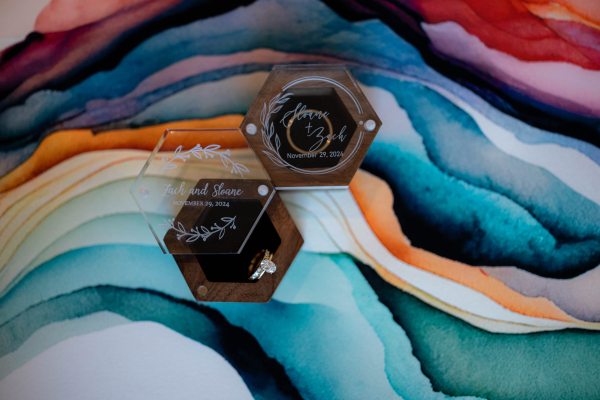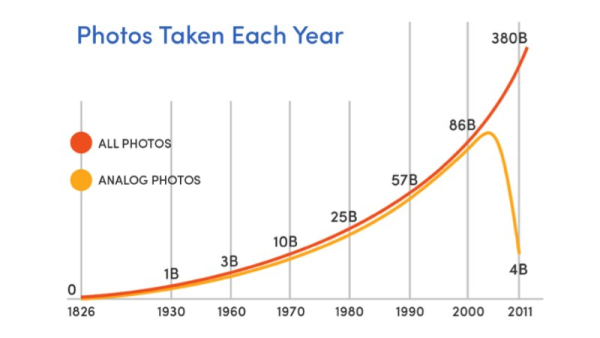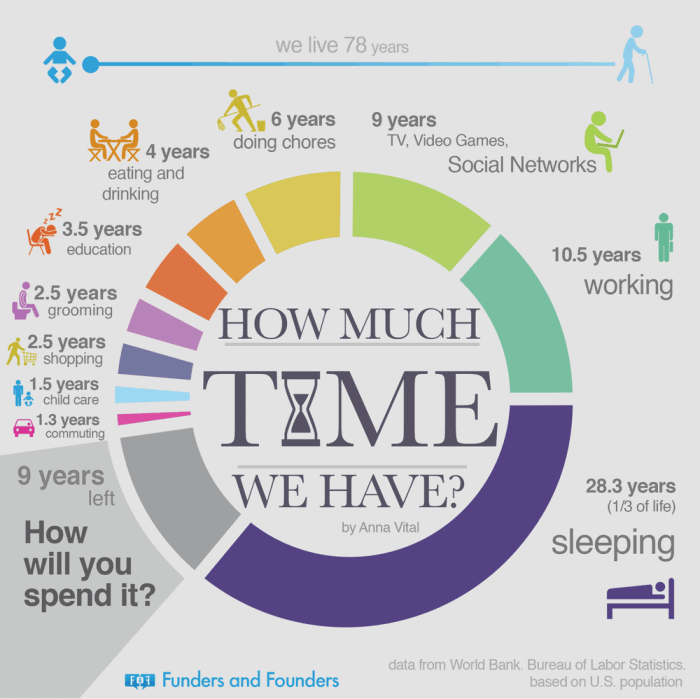My son Zach got married this weekend.
Watching how thoughtfully and carefully they planned the wedding to keep it intimate and meaningful was heartwarming.

The wedding was for them, with parents and siblings as the only guests. They did it at the location of their first date, had their favorite desserts, and wore non-traditional outfits. I believe they will have a party in the spring.
A wedding is a significant life event. So, I’m sharing a few of the thoughts it triggered.
Since they were born, I have been struck by how similar and different my two sons have been. My older son, Ben, is very analytical and yet surprisingly heart-centered, while Zach is very emotionally-centered and yet very intelligent. That slight difference in their center of gravity has been impactful. Ben has always been a “less is more” kind of guy, while Zach has always been a “more is more” kind of guy.
Nature is funny ... and I believe that how you do something is how you tend to do almost everything. For example, Ben always had a plan — yet, Zach was different ... until he fell in love with rugby, and everything changed. I saw him approach fitness, health, schedules, time, and almost everything differently. That exposes an interesting truth - You don’t tend to win races you don’t want to win. Something deeper has to inspire the effort. When you find something deeper, the rest becomes easier. Even in his 30s, rugby is still his passion.
As a parent, a small part of me wished that Zach’s focus on rugby had gone to school or business or something ... But that’s not how I really felt. As a father, I knew that once I saw that he knew how to focus on what he wanted, he could focus on anything he wanted. Because once he knew how to do it for one thing, he could do it for anything.
It was like that for me when I met Jennifer – everything changed. I knew so fast. So, when I saw how everything changed for Zach when he met Sloane, I knew the same thing happened.
Here's how I knew he really loved her. Zach’s favorite food groups are cheese fries, bacon, and extra grease. So, his falling in love with a gluten-free vegan (and not only tolerating it – but defending it) showed me something massively important. For the record, he’s been protective and focused on Sloane ever since. And because of that, I know how this turns out.
I want to say how proud I am of Zachary and how happy I am for both of them as we welcome Sloane to the family.
Her love has brought out the best in Zach, and we can’t wait to see the life they’ll build together.
That reminds me of something I thought about several times during the wedding ... it is that love is both a noun and a verb. It’s a thing (a state, a feeling, or even a target) … but it’s also something that you can choose, commit to, and do. The noun without the verb is frustrating - because you couldn’t move towards it and would have to get lucky to experience it. But the verb without the noun would be exhausting because you’d always be searching without finding or driving toward something that you don’t arrive at. This perspective on love as both a state and an action resonates as a natural truth for me. It is like inhaling and exhaling ... one without the other is futile.


The Rise of AI Art and Its Implications
The last time I talked about AI Art specifically was in 2022 when Dall-E was just gaining steam. Before that, it was 2019, when AI self-portraits were going viral.
On both occasions, it still felt like the relative infancy of the technology. I compared it to VR getting another 15 minutes of fame.
The images at the time weren’t fantastic, but it was a massive step in AI’s ability to understand and translate text into a coherent graphic response. The algorithms still didn’t really “understand” the meaning of images the way we do, and they were guessing based on what they had seen before - which was much less than today’s algorithms have seen. They were also much worse at interpreting images. As such, when you tried to use AI to recreate an image, there were a lot of hallucinations. The algorithms were essentially a brute-force application of math masquerading as intelligence.
Fortunately, AI imagery has come a long way since then. However, with that improvement comes more ethical concerns.
The rise of AI-generated art has sparked a complex and ongoing ethical debate, with compelling arguments on both sides. At the heart of the discussion lies the question of authorship, originality, and the impact of automation on human creativity and labor.
Proponents of AI art argue that it represents a powerful extension of human imagination. Just as past innovations—such as photography, digital editing, or sampling in music—were initially met with skepticism, Advocates argue AI-generated art is simply the next evolution in the artistic toolkit, and it democratizes access to artmaking. As a result, those with less skill - or time - can explore new styles, generate concepts, and be creative in a new form. To this end, they see AI not as a threat but as a collaborator—another brush or chisel in an artist’s hand.
However, critics raise concerns about the ethical implications of AI art, particularly in how these models are trained. Many AI systems are built on vast datasets scraped from the internet, including artwork by human creators who were neither consulted nor compensated, leading to accusations of IP theft. Moreover, they argue it sets a dangerous precedent where creative works can be replicated and commodified without consent or attribution. Lastly, on the idea of democratization, they would argue that art is already accessible to all and that people should be willing to explore skills not only to be good at them but to enjoy them.
The most recent trend has been a great example of this argument. The launch of OpenAI’s new image generator, powered by GPT-4, has empowered users to transform their photos into various famous media themes - like Renaissance paintings or Studio Ghibli anime images - which ironically goes against the ethos of Studio Ghibli and Hayao Miyazaki. The studio is known for its commitment to the craft, with carefully animated and hand-drawn scenes. Their films are known for glorifying nature and living in harmony with it. Miyazaki also believes that AI art is disrespectful to the “life” found in human-created art.
I’m a massive fan of AI - and even AI art ... but as the technology continues to evolve, society must grapple with how to integrate these tools in ways that honor both progress and the rights of the artists (and people) whose work—and livelihoods—may be at stake.
What do you think?
Posted at 01:07 AM in Art, Business, Current Affairs, Film, Gadgets, Games, Ideas, Just for Fun, Market Commentary, Movies, Music, Pictures, Science, Web/Tech | Permalink | Comments (0)
Reblog (0)